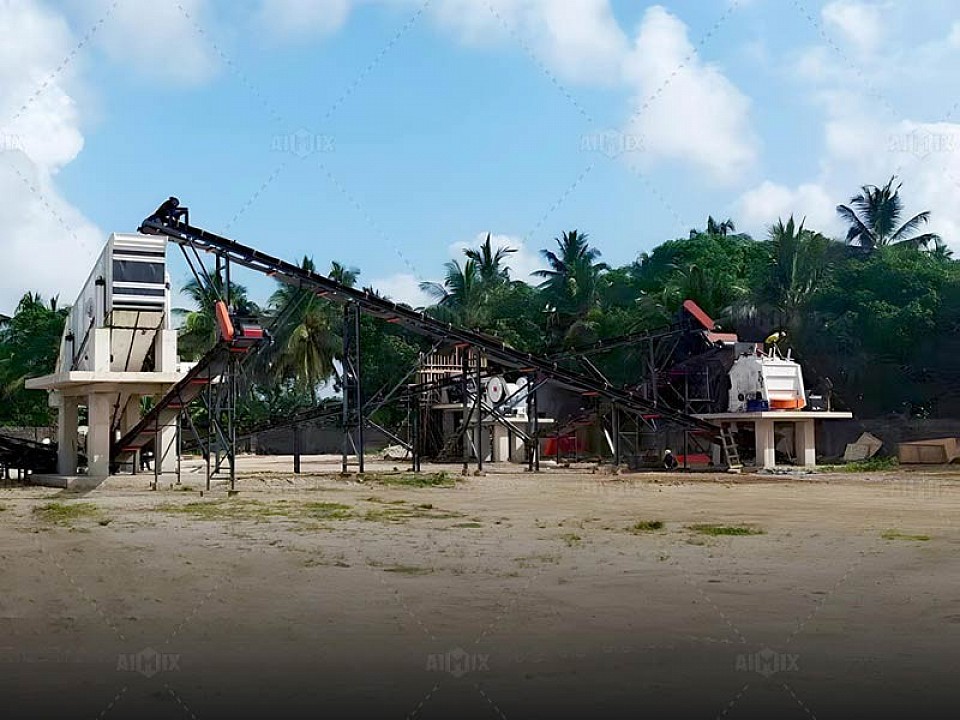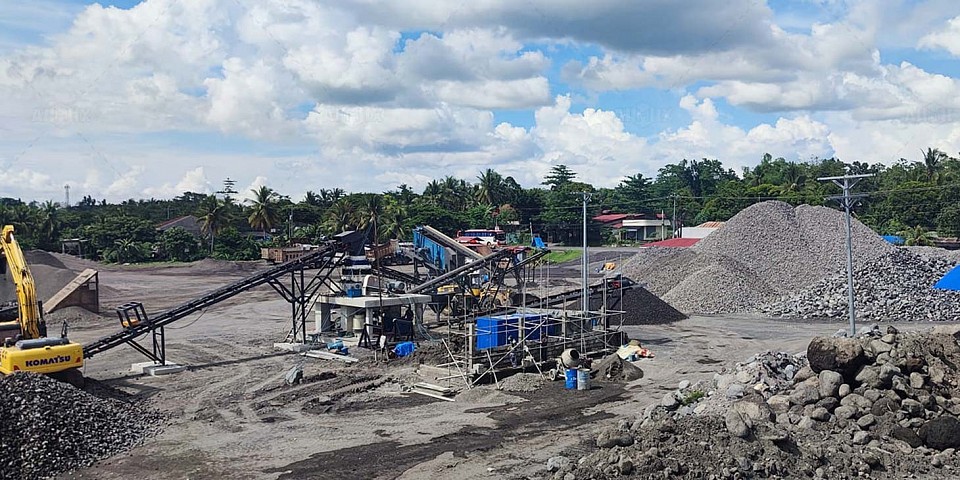Is Your Investment Justified? Assessing the Real Value of a 150 TPH Stone Crusher
When it comes to purchasing a 150 TPH stone crusher, the primary question is: "Am I getting my money's worth?" The hefty 150 tph stone crusher price tag that often accompanies these machines can be misleading, especially when you aren't fully aware of what you're actually paying for. With the market flooded with numerous brands, models, and various claims of efficiency, it’s crucial to separate the facts from the marketing fluff. Let’s take a satirical, yet respectful, look at how to determine the true value of your investment in this heavy-duty equipment.
Understanding the True Cost of a 150 TPH Stone Crusher
Before jumping to any conclusions, it’s important to first understand that the price you’re quoted for a 150 TPH stone crusher may not be the full picture. Sure, it looks shiny and new, but how much of that price is just packaging and how much is actual value? The cost includes more than just the sticker price. It's not just about the hardware; the additional features, after-sales support, and the long-term maintenance costs are just as important. It's all too easy to be seduced by a low initial price, only to find that the maintenance costs pile up like a mountain of stone over time.
Factors Influencing the Price Tag
So, what exactly contributes to the price of a 150 TPH stone crusher? Let's break it down:
- Branding and Reputation: The well-known names in the industry are quick to charge a premium for their "tried and tested" machinery. But don’t be fooled. A high price doesn’t automatically guarantee the highest quality. Sometimes, you’re just paying for the name.
- Materials and Manufacturing: The quality of materials used in constructing the crusher directly impacts its performance and lifespan. Stainless steel, top-notch bearings, and advanced technology come at a price—an important factor to consider when assessing value.
- Performance Metrics: A 150 TPH capacity sounds impressive on paper, but are you really getting that capacity in real-world conditions? If your production site can’t handle the stone crusher plant’s output, you may as well have bought a smaller, more affordable model.
- After-Sales Service: The warranty and support services offered by the manufacturer are crucial. A robust after-sales package can be worth its weight in gold—because let’s face it, everything breaks down eventually.
Do You Really Need All Those Features?
Modern stone crushers often come loaded with high-tech features that promise to make your job easier. But here’s the catch: Do you actually need all that extra technology? Automatic settings, wireless monitoring, and computer-assisted controls sound great until you find yourself paying for them without fully utilizing their potential. If your operation is straightforward and doesn’t require high-tech bells and whistles, it may be wise to consider a simpler, less expensive model.
Remember, it’s easy to get caught up in the allure of flashy extras. However, you should be asking yourself: "Will these features actually enhance my productivity, or am I just paying for a gimmick?" That question alone can save you hundreds—or even thousands—of dollars.
Determining the Return on Investment (ROI)
Now that you’ve gathered all the information about the crushing plant price and features, it’s time to determine its true value: the return on investment (ROI). A high initial cost can be justified if the machine consistently delivers high performance and low operational costs over its lifetime. But don’t just trust the marketing claims. You need hard data.
Assessing Efficiency and Productivity
The real test of value comes down to how efficient the stone crusher is in your specific working environment. Does it consistently meet or exceed your production goals? Does it consume a reasonable amount of fuel and require minimal downtime? These are critical factors in determining ROI. An efficient machine may come with a higher price tag, but if it cuts down on fuel consumption and repairs over time, it could actually be cheaper in the long run.
Take a look at your productivity rate before and after the purchase of the aggregate crusher plant. If you’re able to significantly increase output with minimal operational costs, then the price may indeed be worth it.
Long-Term Cost Considerations
Beyond the purchase price, you need to consider long-term costs, such as:
- Maintenance: How often will the crusher need repairs? Will you have to replace parts frequently? These costs can add up quickly, so it’s crucial to assess the longevity of the machine.
- Fuel Efficiency: A crusher that consumes excessive fuel can seriously impact profitability. Always consider the fuel consumption rate and compare it to other models on the market.
- Spare Parts Availability: Having access to affordable, readily available spare parts will save you a great deal of money and frustration down the line.
The Final Verdict: Is It Worth the Price?
In conclusion, assessing the true value of a 150 TPH stone crusher involves more than just looking at the price tag. It requires a deep dive into the operational costs, maintenance, performance, and long-term ROI. While you might initially think that a high price guarantees quality, it’s essential to question every aspect before making that investment. Will it increase your production? Will it save you money in the long run? If the answer is yes, then it’s probably worth the price. Otherwise, you may be paying for more than what you truly need.


